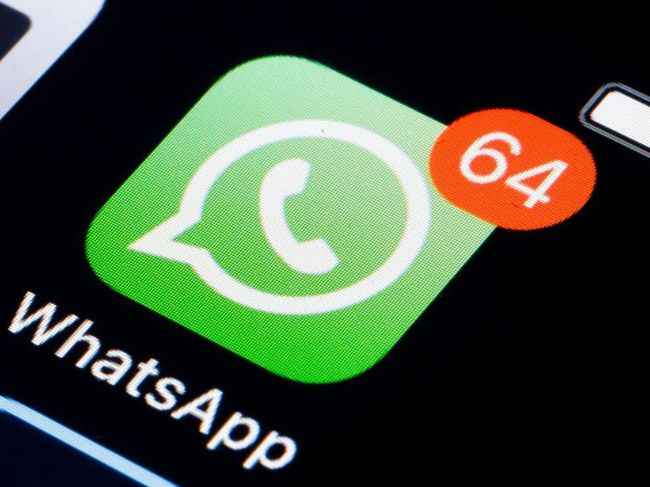The Department of Telecommunications (DoT) thinks that instant messaging platforms like WhatsApp, Telegram, and Signal should be regulated for security. It will start talking to the ministries of electronics and IT (MeitY) as well as knowledge and broadcasting as soon as possible. It will also ask the telecom regulator what it thinks.
One officer said, "Right now, we don't have a way to control or stop something causing trouble on social media." "We have to do an autopsy, but not much can be done there. We should always be able to manage and analyse in real-time to stop misinformation and other problems”.
He made fun of the fact that false information spreads so quickly on apps that it's hard to stop and causes problems with law and order. "Social media could be a lot safer if some laws are put in place," he remarked.
What Are The Implications?DoT also plans to ask the Telecom Regulatory Authority of India for their thoughts (TRAI). But it hasn't decided yet if it wants to take the problem to the Digital Communications Commision first, which is the best decision-making body in DoT, or if it wants to go straight to the regulator for advice, the officials added.
It is in charge of social media apps like Twitter and Facebook. The telecom division comprises communication apps that provide similar services to telcos. DoT can decide on its own whether or not to hold stakeholder consultations, as long as any change in who controls these apps could have broader effects.
When TRAI first brought up the issue, most trade groups, such as the Internet and Mobile Association of India (IAMAI), Nasscom, and the US-India Business Council, were against any regulatory framework for these platforms. They think that the IT Act already regulates apps and that adding more rules will stop new ideas from coming up.

This isn't the first time that the government has thought about taking action to control apps. In November 2018, TRAI released a session paper called "Regulatory Framework for OTT Communication Providers." After hearing what everyone had to say, the regulator ruled out the need to regulate these apps in September 2020 but said it would keep looking at the situation.
"Any regulation made too quickly could have a negative effect on the business as a whole. So, the authority thinks that the situation could also be solved by letting the market take care of it without any intervention from the government. "However, changes will be watched, and if it seems necessary, action will be taken at the right time," TRAI said in its suggestions.
Why is it required?The end-to-end encryption that apps like WhatsApp offer has been a point of contention with the government for a long time. Middleman rules say that apps have to give law enforcement agencies the information they are looking for, but apps usually say they can't do this because of encryption.
Telecom companies have been asking for a long time that OTT companies be regulated because they offer the same kinds of communication services as telecom companies. While telcos have to follow a lot of licencing and regulatory rules, OTTs usually don't have to, which keeps them from having a level playing field.
Over time, the factors that make people like and dislike regulating apps have changed. The first call for regulation was seen as a financial problem. It was seen as a way to stop financial arbitrage between telcos and app players since telcos saw their income from voice services and text messages go down.
But now that voice services are almost free, and most telcos' tariff plans include both voice and data without separating them, OTT regulation needs to focus on security, legal interception, and law enforcement. Telcos then told the regulator that, while they were required to let lawful interception by security companies, OTT players weren't bound by the same rules.
For more technology news, product reviews, sci-tech features and updates, keep reading Digit.in
from Mobile Phones News https://ift.tt/xeOyYdK

0 comments:
Post a Comment